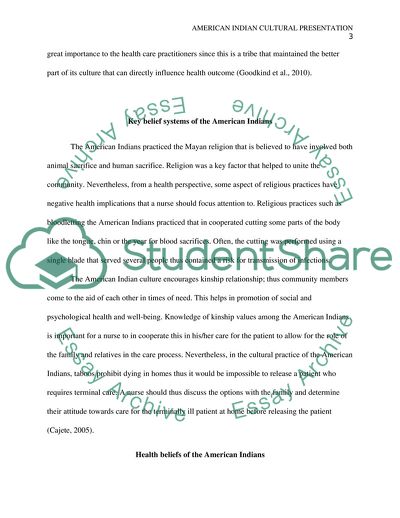Cite this document
(Not Found (#404) - StudentShare, n.d.)
Not Found (#404) - StudentShare. https://studentshare.org/medical-science/1861822-health-beliefs-of-the-american-indians
Not Found (#404) - StudentShare. https://studentshare.org/medical-science/1861822-health-beliefs-of-the-american-indians
(Not Found (#404) - StudentShare)
Not Found (#404) - StudentShare. https://studentshare.org/medical-science/1861822-health-beliefs-of-the-american-indians.
Not Found (#404) - StudentShare. https://studentshare.org/medical-science/1861822-health-beliefs-of-the-american-indians.
“Not Found (#404) - StudentShare”. https://studentshare.org/medical-science/1861822-health-beliefs-of-the-american-indians.


